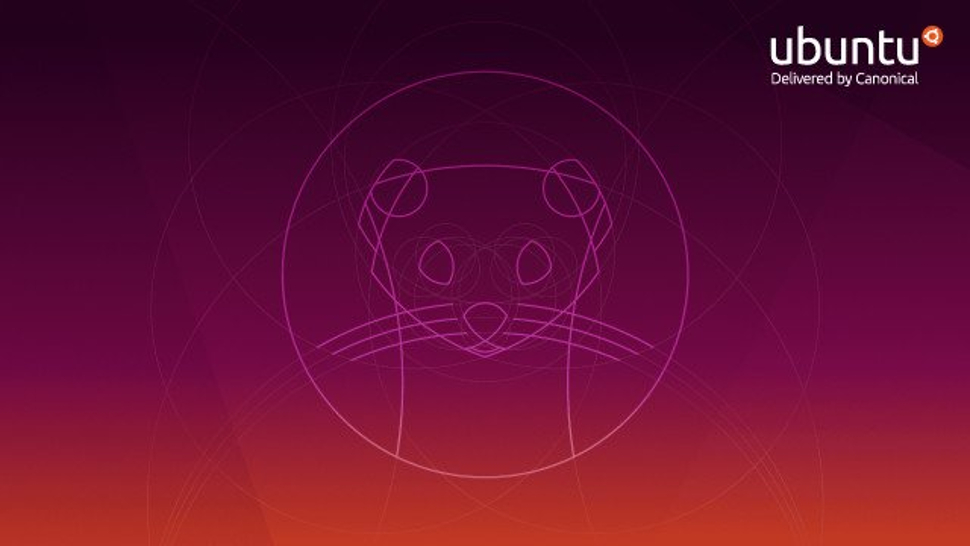Ubuntu 19.10 delivers goodies for gamers and a slick new Gnome desktop
Plus some major advances for business users in terms of edge computing and more

Ubuntu 19.10 ‘Eoan Ermine’ has been unleashed on the world, with Nvidia driver support built right in, and a new faster, more responsive Gnome desktop, with lots of major improvements for business users, too.
The good news for gamers is that Nvidia’s graphics driver is now embedded right in the ISO image, so it’s there from the get-go (as opposed to being offered up as a download during installation).
That’s nicely convenient, of course, because Nvidia’s official drivers are the only realistic way to go for gamers on Linux – while open source alternatives like Nouveau might be coming on, they still aren’t a patch (no pun intended) on Nvidia’s proprietary driver.
It’s also worth noting that this new version of Ubuntu is built on the Linux 5.3 kernel and that brings in support for AMD’s latest 7nm Navi graphics cards.
Another notable improvement is the inclusion of the Gnome 3.34 desktop, with plenty of tweaking on the performance front to make for a much smoother experience (even if you haven’t got a particularly fast PC, as it consumes less CPU resources).
The new version of Gnome also benefits from a load of bug fixes, as you might expect, and organizing your apps is made easier with the ability to drag-and-drop icons and group them in folders.
There’s a lot to like here, then, and on top of this, Ubuntu 19.10 brings in support for the latest Raspberry Pi 4 Model B.
Are you a pro? Subscribe to our newsletter
Sign up to the TechRadar Pro newsletter to get all the top news, opinion, features and guidance your business needs to succeed!
Ermine means business
On the business front, the latest version of this popular Linux distro introduces enhanced edge computing functionality, implementing strict confinement for MicroK8s, meaning a “tightly secured production-grade” Kubernetes environment in an equally tight footprint for edge gateways.
It’s also now possible to deploy MicroK8s add-ons securely at the edge via a single command. Note that with support now in place for the Raspberry Pi 4, devs have an affordable hardware option to deploy at the edge with MicroK8s.
Furthermore, Kubeflow has been made available as an add-on to MicroK8s in the cause of boosting machine learning chops. Developers benefit from speedy setup, testing and scaling to production needs. Canonical notes that Kubeflow and GPU acceleration work straight out of the box with MicroK8s.
The move with embedding Nvidia drivers we mentioned at the outset will also help those involved in the machine learning or AI arena using hardware from that GPU maker, as obviously everything will be already there for them right off the bat.
Ubuntu 19.10 will also witness the introduction of support for Zhaoxin x86 CPUs for workstations.
Finally, the newest version of Ubuntu comes with the Train release of Charmed OpenStack, delivering live migration extensions to benefit telecoms companies in infrastructure operations.
Canonical notes: “Live migration allows users to move their machines from one hypervisor to another without shutting down the operating system of the machine. It is now also possible in telco-specific environments with NUMA topology, pinned CPUs, SR-IOV ports attached and huge pages configured.”
If you need no more persuading and fancy grabbing Ubuntu 19.10, head over here.
- Best Linux laptops of 2019: the top open-source notebooks
Darren is a freelancer writing news and features for TechRadar (and occasionally T3) across a broad range of computing topics including CPUs, GPUs, various other hardware, VPNs, antivirus and more. He has written about tech for the best part of three decades, and writes books in his spare time (his debut novel - 'I Know What You Did Last Supper' - was published by Hachette UK in 2013).